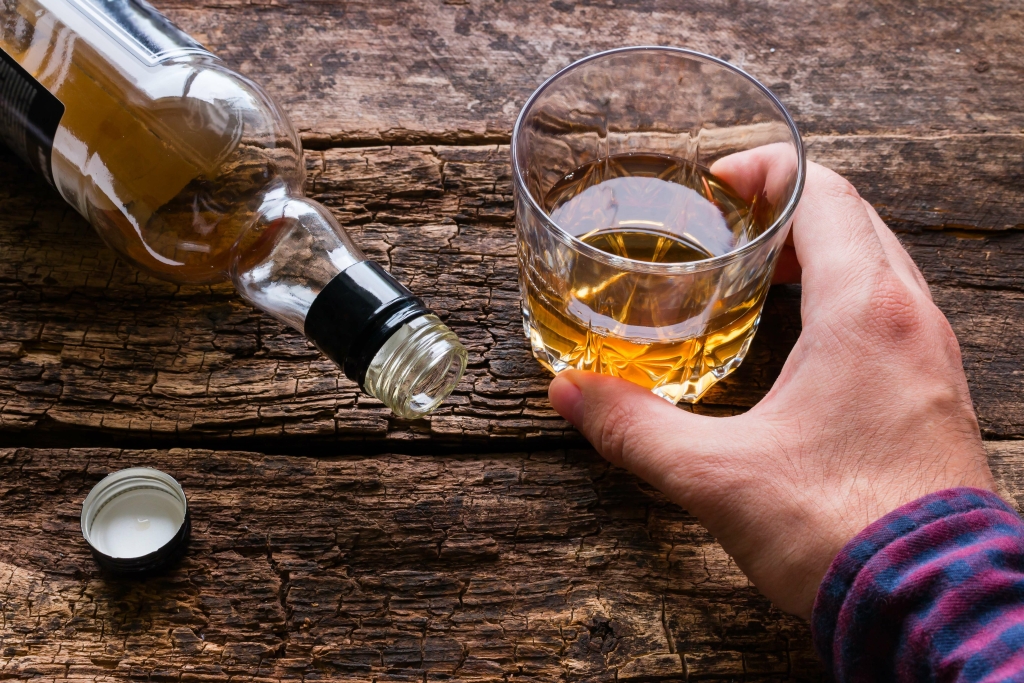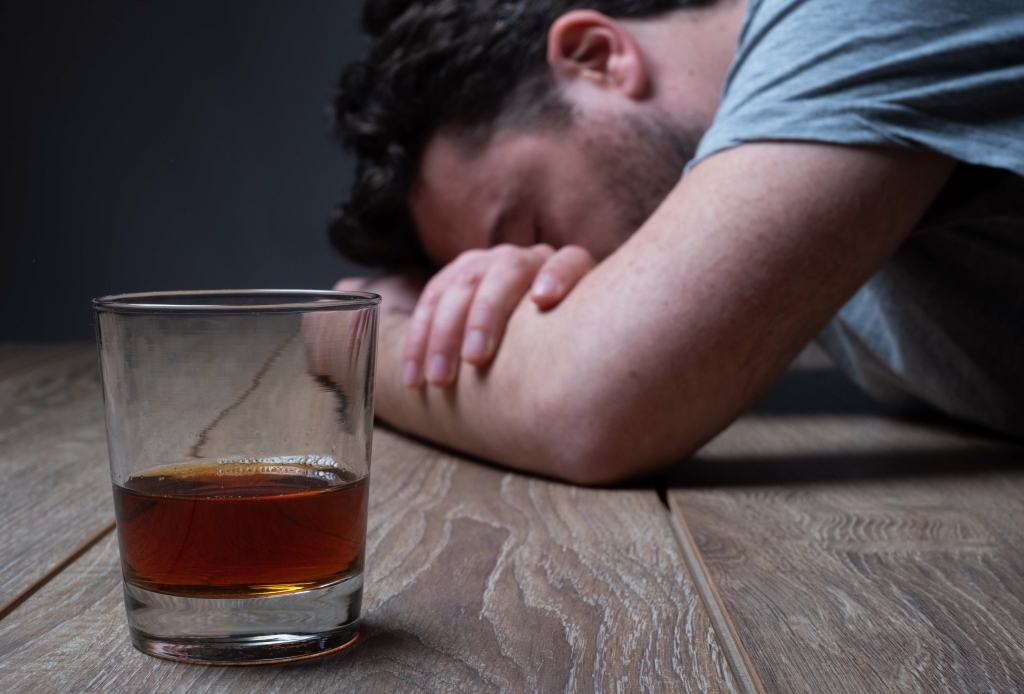It may be relevant for future researchers to assess for cognitive factors (e.g., motivation, self-efficacy) in the further study of substance use Sober living home and panic. Additionally, the use of a longitudinal design may be helpful in elucidating the complex temporal relationship between panic symptoms and smoking and drinking behavior. Quitting drinking is always a difficult task, even if you were more of a casual drinker than an alcoholic. This can even affect those that never intentionally used alcohol to cope with stress. By understanding how the sympathetic nervous system can activate false alarms and trigger a panic attack, you can help manage the intensity of symptoms.

Who Is at Risk of Having Panic Attacks When Quitting Alcohol?
AlcoholAwareness.org is dedicated to providing support and resources for individuals struggling with alcohol addiction. We aim to raise awareness, offer guidance, and connect people with recovery programs to help them regain control and improve their lives. Alcohol withdrawal symptoms usually begin within eight hours after someone has their last drink, but they can also occur several days later. For most people, the symptoms will peak during the first few days, but they can continue for weeks. Numerous research studies have found social support to play a role in reducing anxiety symptoms and boosting overall mental wellness. Open up to trusted loved ones, family, and friends about your anxiety.
How long does Anxiety last after drinking?
- This substance acts as a depressant, slowing down the central nervous system and making you feel less inhibited in a variety of settings.
- And Mr. B had experienced their first panic attacks 1 month after abrupt cessation of alcohol abuse.
- Despite the fact that anxiety from alcohol is the least reported symptom, it is stated that more than 20% percent of persons experience it.
Rising alcohol levels can make your heart beat faster and affect your blood sugar, causing feelings of unease or dizziness. By implementing healthy coping mechanisms, understanding your triggers, and seeking professional help when needed, you can effectively manage and prevent panic attacks. In the final section, we will explore the broader topic of alcohol consumption and discuss the pros and cons of drinking, safe drinking habits, and alternative options to alcohol. Effectively managing and preventing panic attacks is crucial for individuals who experience these distressing episodes. Taking care of the does alcohol cause anxiety physical symptoms of a hangover may help you feel better mentally. To recover from a hangover, drink plenty of water, get proper sleep, eat a light meal, and take an ibuprofen-like pain killer.

The Link Between Alcohol and Anxiety
You may not have turned to alcohol because you had anxiety, but everyone deals with day to day stresses, and when drinking these stresses are numbed, but not dealt with. It’s like using a powerful painkiller on an open wound – you won’t feel any pain, but the wound will keep bleeding. Generalized anxiety disorder – while anxiety is natural, those with generalized anxiety disorder experience excessive worry or fear for longer than 6 months. Alcohol is a central nervous system depressant that slows brain activity and creates temporary feelings of relaxation.
